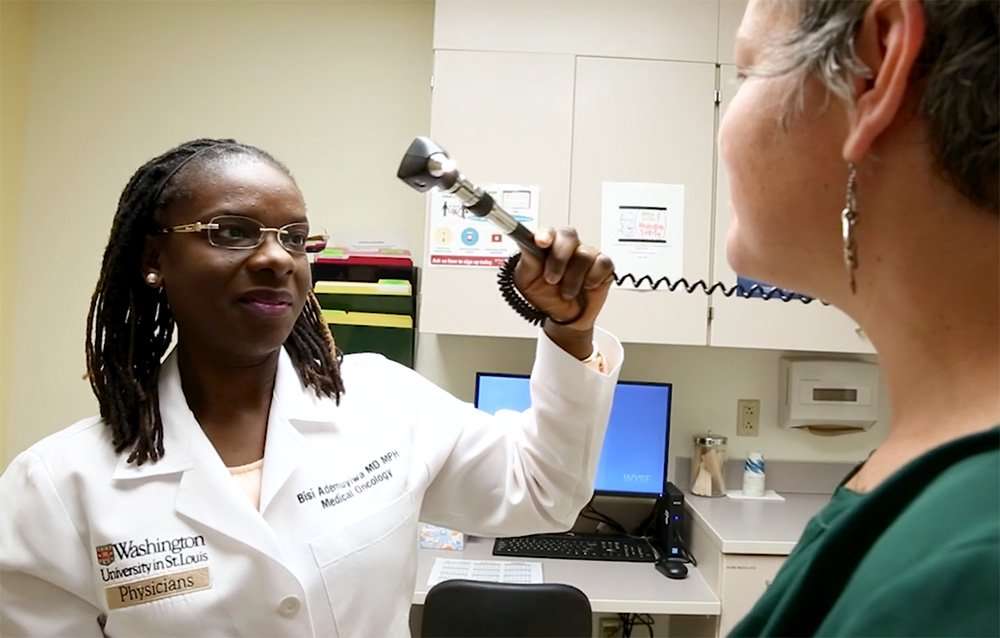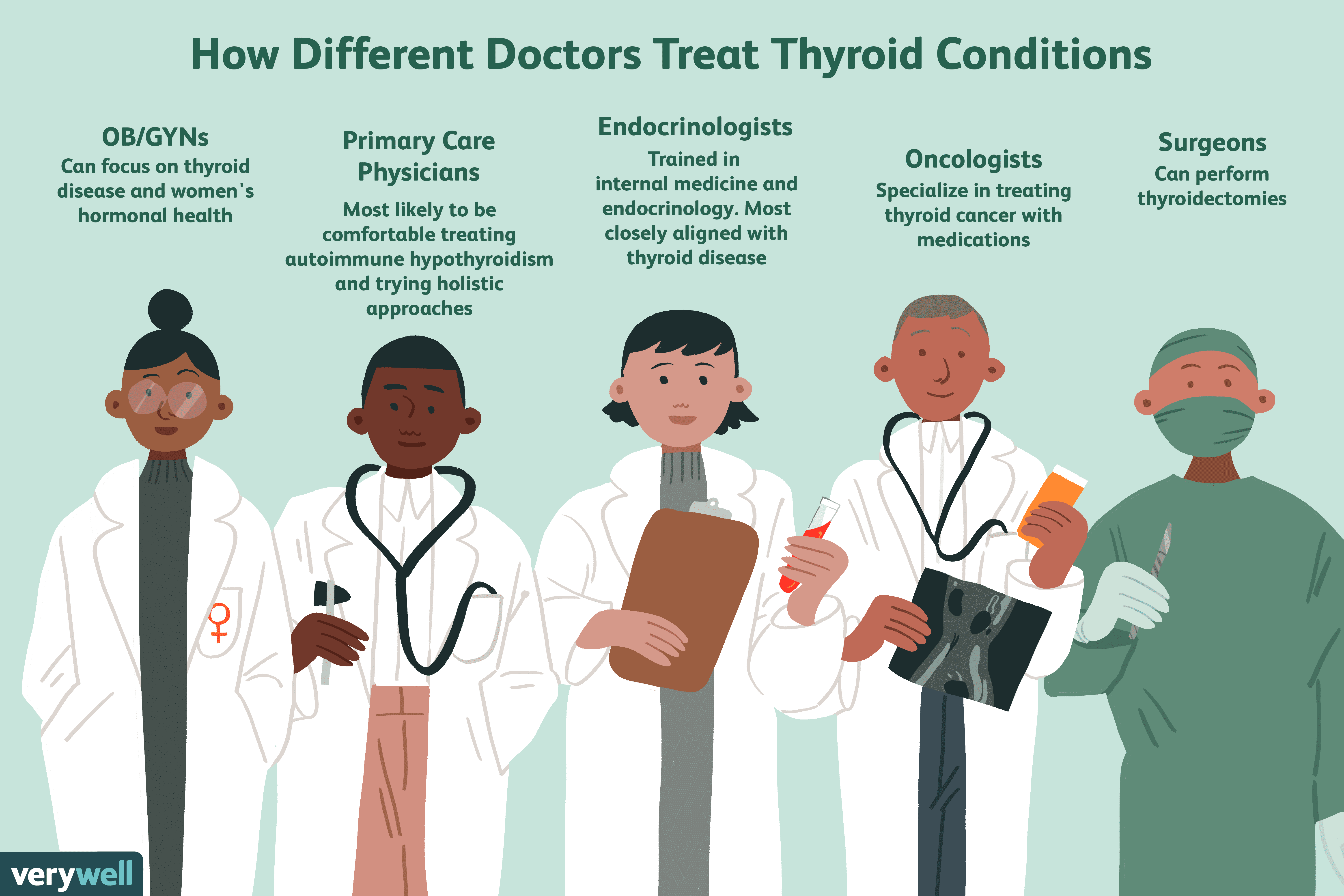Treatment Of Stage Iii Melanoma That Cannot Be Removed By Surgery Stage Iv Melanoma And Recurrent Melanoma
For information about the treatments listed below, see the Treatment Option Overview section.
Treatment of stage III melanoma that cannot be removed by surgery, stage IV melanoma, and recurrentmelanoma may include the following:
- Radiation therapy to the brain, spinal cord, or bone.
Treatments that are being studied in clinical trials for stage III melanoma that cannot be removed by surgery, stage IV melanoma, and recurrent melanoma include the following:
- Immunotherapy alone or in combination with other therapies such as targeted therapy.
- For melanoma that has spread to the brain, immunotherapy with nivolumab plus ipilimumab.
- Targeted therapy, such as signal transduction inhibitors, angiogenesis inhibitors, oncolytic virus therapy, or drugs that target certain genemutations. These may be given alone or in combination.
- Surgery to remove all known cancer.
- Systemic chemotherapy.
Use our clinical trial search to find NCI-supported cancer clinical trials that are accepting patients. You can search for trials based on the type of cancer, the age of the patient, and where the trials are being done. General information about clinical trials is also available.
Things To Consider When Selecting Your Doctor:
- Are they part of your health insurance network?
- Are they convenient to get to?
- Does the doctor seem like a good fit in terms of personality and communication style?
- Does the doctors office offer supportive services, such as help with nutrition?
- Does the doctor participate in research studies? Do they support patient participation in clinical trials?
How Does Immunotherapy Work Against Cancer
As part of its normal function, the immune system detects and destroys abnormal cells and most likely prevents or curbs the growth of many cancers. For instance, immune cells are sometimes found in and around tumors. These cells, called tumor-infiltrating lymphocytes or TILs, are a sign that the immune system is responding to the tumor. People whose tumors contain TILs often do better than people whose tumors dont contain them.
Even though the immune system can prevent or slow cancer growth, cancer cells have ways to avoid destruction by the immune system. For example, cancer cells may:
- Have genetic changes that make them less visible to the immune system.
- Have proteins on their surface that turn off immune cells.
- Change the normal cells around the tumor so they interfere with how the immune system responds to the cancer cells.
Immunotherapy helps the immune system to better act against cancer.
Recommended Reading: How To Detect Melanoma Early
There Are Three Ways That Cancer Spreads In The Body
Cancer can spread through tissue, the lymph system, and the blood:
- Tissue. The cancer spreads from where it began by growing into nearby areas.
- Lymph system. The cancer spreads from where it began by getting into the lymph system. The cancer travels through the lymph vessels to other parts of the body.
- Blood. The cancer spreads from where it began by getting into the blood. The cancer travels through the blood vessels to other parts of the body.
Treatment By Stage Of Melanoma

Different treatments may be recommended for each stage of melanoma. General descriptions by stage are below. Your doctor will recommend a specific treatment plan for you based on the stage and other factors. Detailed descriptions of each type of treatment are provided earlier on this page. Clinical trials may also be a treatment option for each stage.
Stage 0 melanoma
Stage 0 melanoma is almost always treated with surgery alone, usually a wide excision.
Stage I melanoma
Stage I melanoma is usually treated with surgical removal of the tumor and some of the healthy tissue around it. The doctor may recommend lymph node mapping, and some lymph nodes may be removed.
Stage II melanoma
The standard treatment for stage II melanoma is surgery to remove the tumor and some of the healthy tissue around it. While this surgery is being done, lymph node mapping and sentinel lymph node biopsy may also be done. In some people with stage II melanoma, treatment with interferon may be recommended after surgery to lower the chances of the cancer coming back. Treatment in a clinical trial for stage II melanoma may also be an option. Ask your doctor about what clinical trials may be available for you.
Stage III melanoma that can be removed with surgery
Advanced melanoma
-
The persons age and overall health
-
The locations and number of metastases
-
How fast the disease is spreading
-
The presence of specific genetic mutations in the tumor
-
The patients preferences
Treating brain metastases
Recommended Reading: How Do You Feel With Skin Cancer
Who Treats Melanoma Skin Cancer
Depending on your options, you may have different types of doctors on your treatment team. These doctors may include:
- A dermatologist: a doctor who treats diseases of the skin
- A surgical oncologist : a doctor who uses surgery to treat cancer
- A medical oncologist: a doctor who treats cancer with medicines such as chemotherapy, immunotherapy, or targeted therapy
- A radiation oncologist: a doctor who treats cancer with radiation therapy
Many other specialists may be involved in your care as well, including physician assistants , nurse practitioners , nurses, psychologists, social workers, rehabilitation specialists, and other health professionals.
Certain Factors Affect Prognosis And Treatment Options
The prognosis and treatment options depend on the following:
- The thickness of the tumor and where it is in the body.
- How quickly the cancer cells are dividing.
- Whether there was bleeding or ulceration of the tumor.
- How much cancer is in the lymph nodes.
- The number of places cancer has spread to in the body.
- The level of lactate dehydrogenase in the blood.
- Whether the cancer has certain mutations in a gene called BRAF.
- The patients age and general health.
Read Also: What Is Non Small Cell Carcinoma
When To See A Pulmonologist
Your primary care doctor may recommend seeing a pulmonologist if you have a cough that lasts longer than 3 weeks, or if your cough becomes more severe over time.
A pulmonologist can help you manage the following symptoms:
- dizziness, lightheadedness or fainting
An oncologist will help you set up a treatment plan after a cancer diagnosis. There are three different specialties in oncology:
- Radiation oncologists use therapeutic radiation to treat cancer.
- Medical oncologists specialize in using drugs, such as chemotherapy, to treat cancer.
- Surgical oncologists handle the surgical portions of cancer treatment, such as removal of tumors and affected tissue.
These doctors specialize in surgery of the chest . They perform operations on the throat, lungs, and heart. These surgeons are often grouped with cardiac surgeons.
Help Getting Through Cancer Treatment
People with cancer need support and information, no matter what stage of illness they may be in. Knowing all of your options and finding the resources you need will help you make informed decisions about your care.
Whether you are thinking about treatment, getting treatment, or not being treated at all, you can still get supportive care to help with pain or other symptoms. Communicating with your cancer care team is important so you understand your diagnosis, what treatment is recommended, and ways to maintain or improve your quality of life.
Different types of programs and support services may be helpful, and can be an important part of your care. These might include nursing or social work services, financial aid, nutritional advice, rehab, or spiritual help.
The American Cancer Society also has programs and services including rides to treatment, lodging, and more to help you get through treatment. Call our National Cancer Information Center at 1-800-227-2345 and speak with one of our trained specialists.
Also Check: How Serious Is Squamous Cell Carcinoma
Where Can I Find A Melanoma Specialist
Doctors who specialize in melanoma are aware of the latest guidelines and treatments. Seeing a melanoma specialist is critically important so you can get the very best care. Many specialists have access to melanoma clinical trials, which is especially important for late stage melanoma patients. AIM recommends seeing a melanoma specialist if you can.
Treating Locally Advanced Melanoma
Some forms of melanoma return as multiple lesions on the skin that cannot be removed. This condition is called satellite or in-transit disease and is treated with medications often used to treat skin cancer. Duke specializes in this kind of treatment, which may also include immunotherapy or targeted gene therapy as part of your care.
Also Check: Can You Cure Stage 4 Melanoma
Your Care Team For Melanoma Surgery
If you need surgery, our surgical oncology team manages your care during this part of your treatment. We work with you to explain our recommendations for your surgical plan to help you decide whats right for you. We also help you prepare for your surgery and your recovery at home.
You are an important part of the care team, too, so ask us questions and voice your concerns at any point in your treatment. Members of your surgical oncology team include:
Types Of Doctors And What They Do

Doctors choose their medical specialty in their third year of medical school. Many of us are familiar with some of the different types of doctors, since weve seen specialists for a variety of reasons, but may not be as familiar with what those specialists do.
In addition to choosing their field of practice, doctors can also specialize further after their residencies by proceeding with a fellowship. For example, a surgeon can further specialize in orthopedic surgery, or an oncologist can specialize in a certain type of cancer. While we dont have every breakdown of every specialist, you can find a list of common types of doctors below, which can serve as a point of reference when researching your future specialty.
Also Check: How To Know If You Have Skin Cancer On Face
Is Mohs Right For Me
Mohs surgery is the gold standard for treating many basal cell carcinomas and squamous cell carcinomas , including those in cosmetically and functionally important areas around the eyes, nose, lips, ears, scalp, fingers, toes or genitals. Mohs is also recommended for BCCs or SCCs that are large, aggressive or growing rapidly, that have indistinct edges, or have recurred after previous treatment. Some surgeons are also successfully using Mohs surgery on certain cases of melanoma.
There Are Different Types Of Treatment For Patients With Melanoma
Different types of treatment are available for patients withmelanoma. Some treatments arestandard , and some are being tested inclinical trials. A treatment clinical trial is a research study meant to help improve current treatments or obtain information on new treatments for patients with cancer. When clinical trials show that a new treatment is better than the standard treatment, the new treatment may become the standard treatment. Patients may want to think about taking part in a clinical trial. Some clinical trials are open only to patients who have not started treatment.
Read Also: How Quickly Does Renal Cell Carcinoma Grow
What Is The Role Of The Oncologist
An oncologist manages a patient’s care throughout the course of the disease. This starts with the diagnosis. Their role includes:
-
Recommending tests to determine whether a person has cancer
-
Explaining a cancer diagnosis, including the type and stage of the cancer
-
Talking about all treatment options and your treatment choice
-
Delivering quality and compassionate care
-
Helping you manage symptoms and side effects of cancer and its treatment
A person’s cancer treatment plan may include more than one type of treatment, such as surgery, cancer medications, and/or radiation therapy. That means different types of oncologists and other health care providers work together to create a patient’s overall treatment plan. This is called a multidisciplinary team. Cancer care teams often include a variety of other health care professionals, including pathologists, radiologists, physician assistants, nurse practitioners, oncology nurses, social workers, pharmacists, and more. Learn about these and other possible members of a multidisciplinary team in another article on this website. Doctors from other areas of medicine can also be part of this team. For example, a dermatologist, which is a specialist in skin problems, may help treat skin cancer.
Your First Melanoma Appointment
At your first appointment, you will meet the team who will take care of you throughout your treatment. During this visit, your doctor will discuss your medical history with you in detail, perform a physical examination, and discuss possible treatment options. During your first visit, we will share some important information about breast cancer and your treatment options.
Recommended Reading: What To Do When You Get Skin Cancer
After Melanoma Has Been Diagnosed Tests May Be Done To Find Out If Cancer Cells Have Spread Within The Skin Or To Other Parts Of The Body
The process used to find out whether cancer has spread within the skin or to other parts of the body is called staging. The information gathered from the staging process determines the stage of the disease. It is important to know the stage in order to plan treatment.
For melanoma that is not likely to spread to other parts of the body or recur, more tests may not be needed. For melanoma that is likely to spread to other parts of the body or recur, the following tests and procedures may be done after surgery to remove the melanoma:
The results of these tests are viewed together with the results of the tumor biopsy to find out the stage of the melanoma.
Surgery For Metastatic Melanoma
If melanoma has spread from the skin to other organs such as the lungs or brain, the cancer is very unlikely to be curable by surgery. Even when only 1 or 2 areas of spread are found by imaging tests such as CT or MRI scans, there are likely to be others that are too small to be found by these scans.
Surgery is sometimes done in these circumstances, but the goal is usually to try to control the cancer rather than to cure it. If 1 or even a few metastases are present and can be removed completely, this surgery may help some people live longer. Removing metastases in some places, such as the brain, might also help prevent or relieve symptoms and improve a personâs quality of life.
If you have metastatic melanoma and your doctor suggests surgery as a treatment option, be sure you understand what the goal of the surgery would be, as well as its possible benefits and risks.
Don’t Miss: Where Is Melanoma Found In The Body
What Doctors And Specialists Treat Skin Cancer
Skin cancer treatment may require a team approach.
Simple skin cancers can usually be handled by a dermatologist in an office setting. More complex cases, however, may require the expertise of several health professionals to both diagnose and treat the cancer.
The experts on your healthcare team can answer important questions and provide valuable information about your diagnosis. The number of providers youll see will depend on the type of skin cancer you have and how advanced it is.
Treatment Of Stage Ii Melanoma

For information about the treatments listed below, see the Treatment Option Overview section.
Treatment of stage II melanoma may include the following:
- Surgery to remove the tumor and some of the normal tissue around it. Sometimes lymph node mapping and sentinel lymph node biopsy are done to check for cancer in the lymph nodes at the same time as the surgery to remove the tumor. If cancer is found in the sentinel lymph node, more lymph nodes may be removed.
- A clinical trial of new types of treatment to be used after surgery.
Use our clinical trial search to find NCI-supported cancer clinical trials that are accepting patients. You can search for trials based on the type of cancer, the age of the patient, and where the trials are being done. General information about clinical trials is also available.
You May Like: Where Can Skin Cancer Spread
Biological And Targeted Therapies
Substances that activate cells in the body to fight cancer or selectively target cancer cells have been shown to help specific groups of people with melanoma.
For more information about treatment and treatment side effects ask your doctor or visit our treatment section.
Your doctor should discuss your needs with you during and after treatment and may refer you to another service or health professional for different aspects of your care.
It can be helpful to contact cancer peer support groups and support groups for carers.
Can A Dysplastic Nevus Turn Into Melanoma
Yes, but most dysplastic nevi do not turn into melanoma . Most remain stable over time. Researchers estimate that the chance of melanoma is about ten times greater for someone with more than five dysplastic nevi than for someone who has none, and the more dysplastic nevi a person has, the greater the chance of developing melanoma .
Don’t Miss: What Is Stage 2 Melanoma Skin Cancer
Patients May Want To Think About Taking Part In A Clinical Trial
For some patients, taking part in a clinical trial may be the best treatment choice. Clinical trials are part of the cancer research process. Clinical trials are done to find out if new cancer treatments are safe and effective or better than the standard treatment.
Many of today’s standard treatments for cancer are based on earlier clinical trials. Patients who take part in a clinical trial may receive the standard treatment or be among the first to receive a new treatment.
Patients who take part in clinical trials also help improve the way cancer will be treated in the future. Even when clinical trials do not lead to effective new treatments, they often answer important questions and help move research forward.